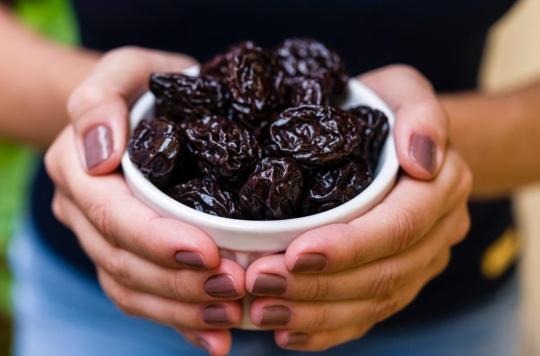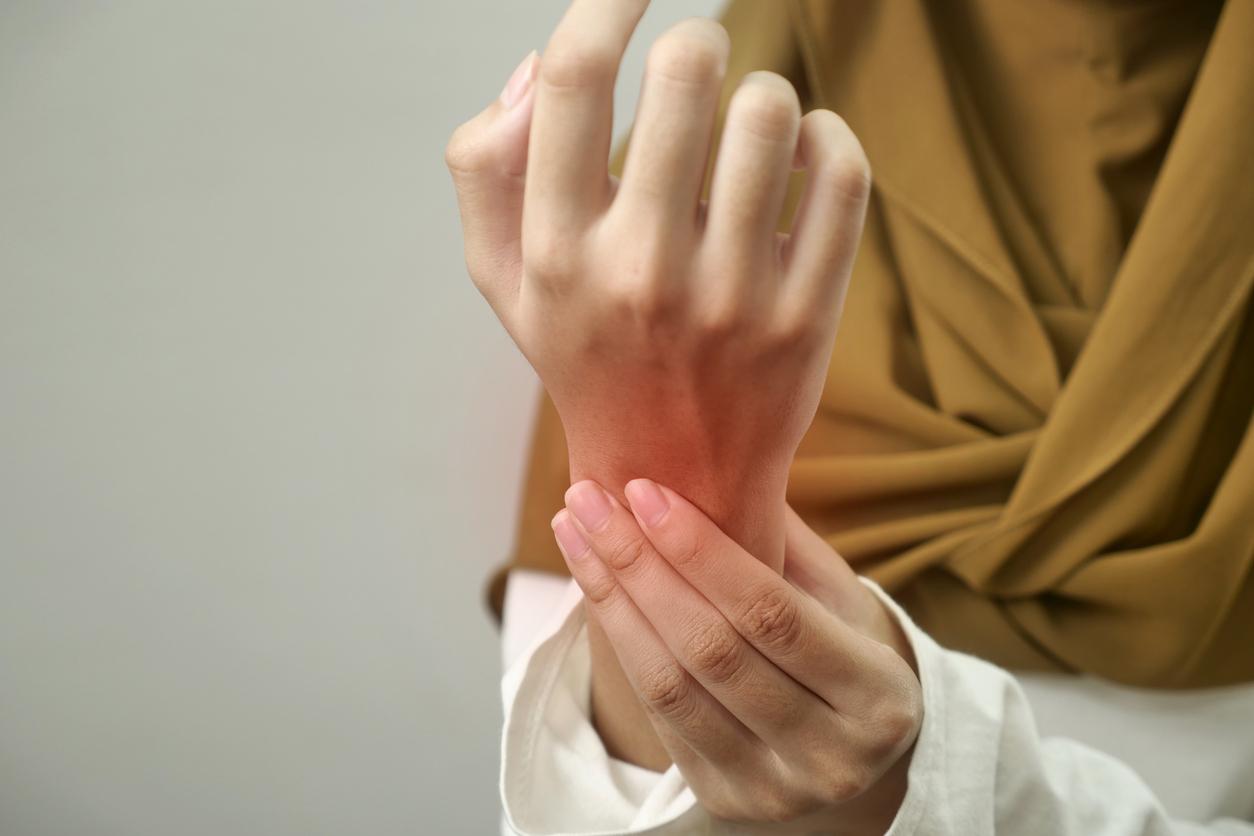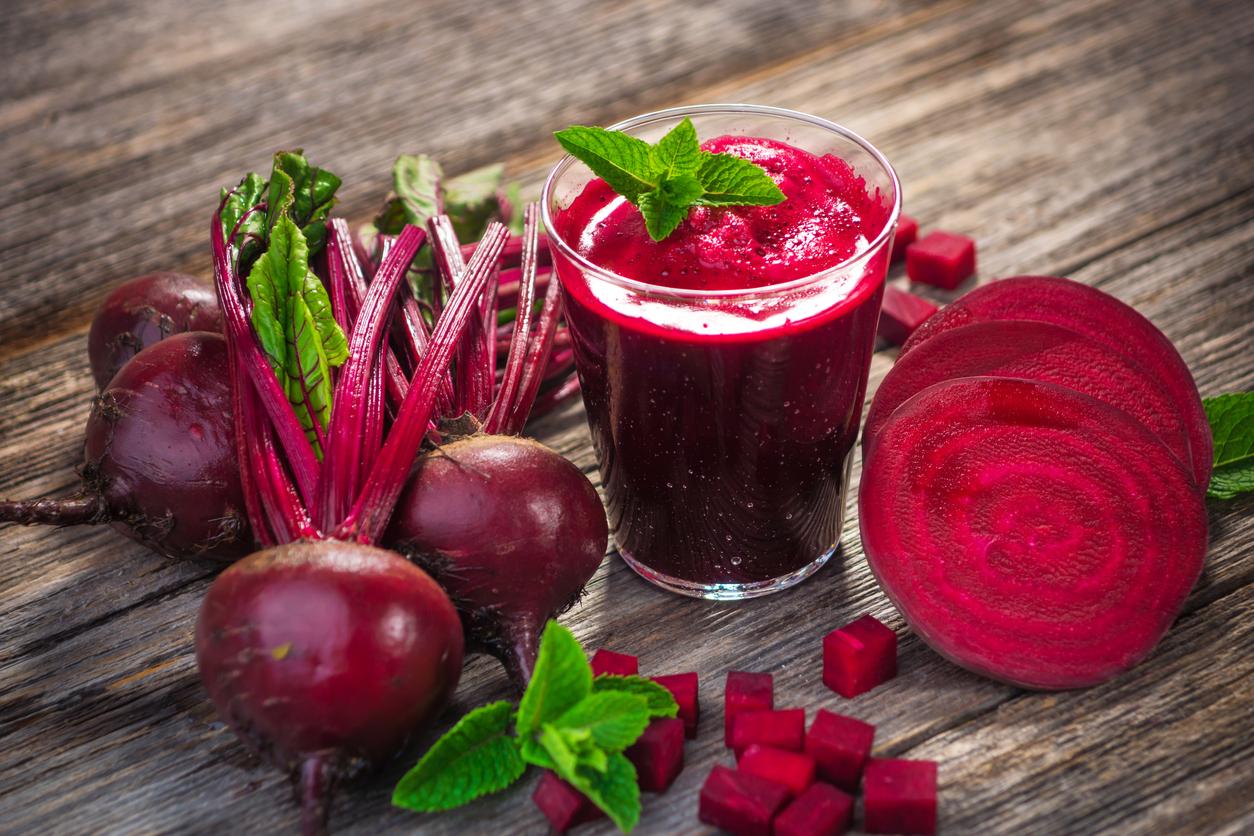Consuming prunes daily would prevent bone loss in the hips and protect against the risk of fracture.

- The prune is the dried fruit of a particular variety of plum, from the Ente plum tree.
- It is very rich in fiber, vitamins and antioxidants.
- According to the authors, this is the largest clinical trial on the subject.
In France, prunes from Agen are the most famous, in the United States, it is those from California that are renowned in the country. Beyond their taste, these dried fruits are also consumed for their health benefits. Recently, researchers at Pennsylvania State University found that daily prune consumption preserved bone mineral density in the hips and protected against increased fracture risk in postmenopausal women. Their results appeared in Advances in Nutrition.
Protection against bone loss
To observe the effects of these dried fruits, they gathered a sample of 235 postmenopausal women. Some of them consumed 50 grams of prunes per day, or between 5 and 6 fruits, the rest represented the control group, and did not eat prunes during the study, ie twelve months. According to their findings, women who ate 50 grams of prunes a day maintained good bone mineral density, while those who did not had significant bone loss in the hips. In this control group, the risk of hip fracture increased compared to the group of prune consumers.
What are the consequences of loss of bone mineral density?
Bone mineral density declines rapidly after menopause, making women over 50 more likely to experience hip fractures. These can lead to hospitalizations, but more generally, they have an impact on the quality of life, which is reduced, with a loss of independence and sometimes a shortened life expectancy.
A therapeutic alternative?
According to the authors of this study, prunes could become a “food therapy option“to protect the bone health of postmenopausal women.”Our data shows that eating prunes helps protect hips from bone loss after menopausecontinues Mary Jane De Souza, lead author of this study. They may be particularly valuable for postmenopausal women who cannot take pharmacological treatment to combat bone loss and need an alternative strategy.“For Andrea N. Giancoli, co-author, the advantage of prunes is that they are easy to find, and to include in the diet: they can be eaten as desserts, in salads, savory dishes, smoothies , etc. “The naturally sweet flavor of prunes makes them a versatile ingredient or a convenient snack for anyone“, she concludes.

.















